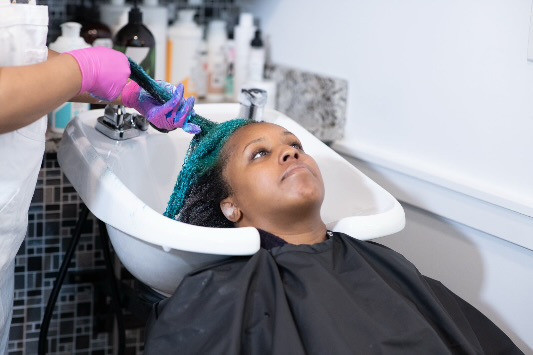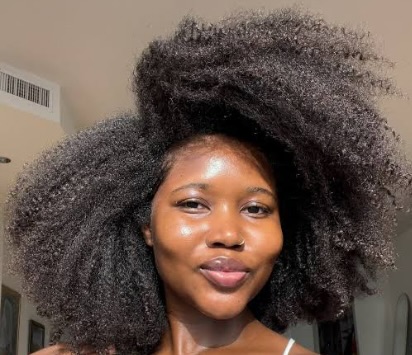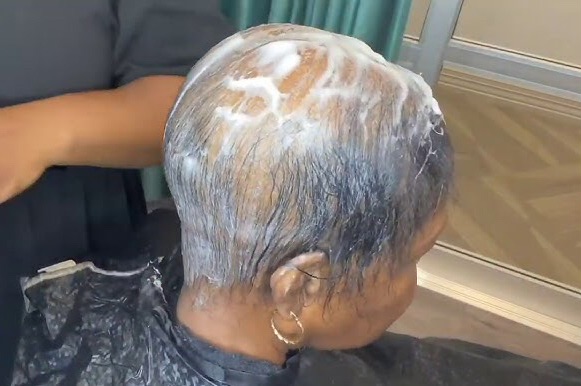Dry shampoo has become a beauty staple for quick refreshes between wash days, but for natural hair, its role is less straightforward.
While it promises convenience, volume, and oil absorption, many naturalistas wonder: is dry shampoo a helpful hack or a hidden harm?
Traditionally, dry shampoo was created for straight or fine hair textures that show oil quickly. Natural hair, however, tends to be drier because the scalp’s natural oils have a harder time traveling down tightly coiled strands. That means oil absorption, the main benefit of dry shampoo, may not always be necessary. Instead, buildup and scalp health become bigger concerns.
Dr. Camille Johnson, a dermatologist specializing in textured hair, explains: “Dry shampoo can temporarily absorb sweat and excess oil on the scalp, but it doesn’t replace washing.
If used too often, it can clog follicles, cause flaking, and make the scalp itchy.” For natural hair, where protective styles and infrequent washes are common, overuse can also lead to product buildup that dulls curl definition.
Still, dry shampoo isn’t entirely off-limits. For those with active lifestyles, locs, or protective styles, it can offer a quick refresh, particularly after workouts.
Waterless foam or spray versions designed for textured hair are gentler and less likely to leave behind a white cast that shows up easily on darker hair. Powder-based formulas, on the other hand, should be applied carefully and massaged thoroughly to avoid residue.
Experts recommend using dry shampoo sparingly, no more than once or twice a week, and always following up with a proper cleanse when possible. A sulfate-free clarifying shampoo or apple cider vinegar rinse can help reset the scalp and prevent buildup.
If your goal is freshness between washes, alternatives like scalp tonics, micellar water sprays, or even a gentle co-wash may be better suited for natural hair. These options cleanse without excessive dryness while keeping curls hydrated.
At the end of the day, dry shampoo can be a convenient tool, but it’s not a substitute for a healthy hair care routine. Used strategically, it can tide you over between wash days, but overreliance risks scalp health and curl vibrancy.





